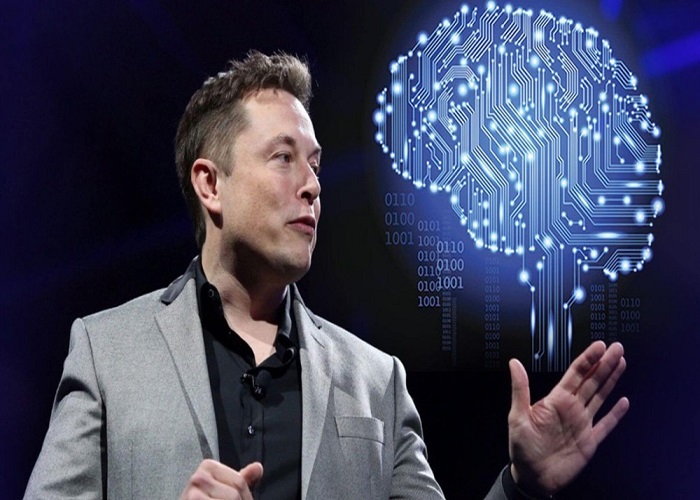
Elon Musk’s brain-chip firm says it has received approval from the US Food and Drugs Administration (FDA) to conduct its first tests on humans.
The Neuralink implant company wants to help restore vision and mobility to people by linking brains to computers.
It says it does not have immediate plans to start recruiting participants. Mr Musk’s previous ambitions to begin tests came to nothing.
The FDA said it acknowledged Neuralink’s announcement.
An earlier bid by Neuralink to win FDA approval was rejected on safety grounds, according to a report in March by the Reuters news agency that cited multiple current and former employees.
Neuralink hopes to use its microchips to treat conditions such as paralysis and blindness, and to help certain disabled people use computers and mobile technology.
The chips – which have been tested in monkeys – are designed to interpret signals produced in the brain and relay information to devices via Bluetooth.
Experts have cautioned that Neuralink’s brain implants will require extensive testing to overcome technical and ethical challenges if they are to become widely available.
Mr Musk has also previously suggested that the proposed technology could help ease concerns about humans being displaced by AI.
Announcing Thursday’s news on Twitter, Neuralink talked of an « important first step that will one day allow our technology to help many people ».
The approval was « the result of incredible work by the Neuralink team in close collaboration with the FDA », it said.
The firm promised more information « soon » on plans to sign up trial participants.
Its website promises that « safety, accessibility and reliability » are all priorities during its engineering process.
The company – which was co-founded by Mr Musk in 2016 – has repeatedly overestimated the speed at which it can execute its plans.
Its initial aim was to start planting chips in human brains in 2020, in order to honour a pledge made the year before. It later vowed to get started in 2022.
The business was dealt another setback in December last year, after reportedly coming under investigation for alleged animal welfare violations in its work. It earlier denied similar claims.
Its announcement on FDA approval for human tests follows recent news of a similar breakthrough involving brain implants by Swiss researchers.
A paralysed man from the Netherlands was able to walk simply by thinking about it – thanks to a system of implants which wirelessly transmit his thoughts to his legs and feet.
World Opinions + BBC News









